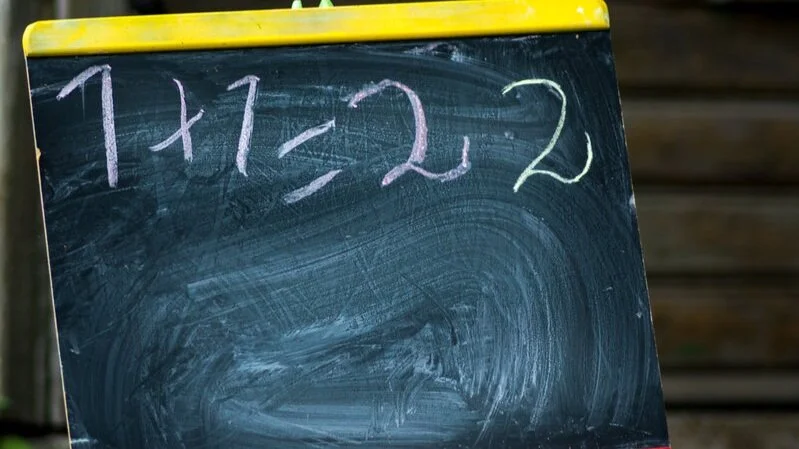Jewdo
Continuing on the Utopian Jewish day school UTOP (You Top The System For Holistic Education.) The wonderful thing about a Jewish Day School (and I assume any parochial school) is, presumably, parents want vocational skills education, but also values.
Let’s look at behavior management in this model. Response should lend itself to constructive learning in Jewish education and Torah perspective, turning the negative into positive (Jewdo). Whilst this would be part of curriculum, sometimes on the spot review is necessary.
Torah is the ultimate application tool for all disciplines, so let’s do some Torah math. Start with a fundamental equation (cheshbon hanefesh – spiritual audit):
x (thought) + y (action) = r (result)
Everyone has thoughts all the time, some are good and some bad. What is good and bad and how do we apply this equation?
Simply stated, from a Torah perspective:
Good = constructive
Bad = destructive
The Torah instructs: Shoftim veshotrim titen lecha bechol shearecha (Devarim 17:18) – instate judges and police in all your gates. On a personal level, this formula states:
Step 1: Create your own personal judge to evaluate all your thoughts. Are they good or bad, should they be maintained, should they be carried through to action and what are the potential results?
Step 2: Once the judge has decided on the above, the police must carry out their tireless and rigorous duty to ensure that the decision is carried out. In other words, self-control and adherence to acceptable boundaries. Seek help if needed.
Judaism, more than any life instruction, rejects blind observance and mandates each at their respective levels, to be as learned and as informed as feasible. This is the means by which the personal judge and police are trained and maintain their charge.
Determine if the idea is good or bad. Should it be carried through to action? If bad, calculate the cost – eg. embarrassment to teachers and classmates, the disruption of teaching and learning (the mandate of the school,) the diminishing of kavod (honour) to all who are subjected to the action and the shame and cost to parents and self from the consequences. If good, calculate the positive results and loss of not carrying it out to action.
Surely, if such a calculation is carried out before, a negative thought might present some light entertainment on a private level, but would never be carried through to action, resulting in so much being saved.
The Torah has another (other-worldly) calculation:
t (tshuvah - reparation) = crime > misdemeanor + misdemeanor > mitzvah
Doing tshuvah on one’s bad actions results in deliberate transgressions being reduced to misdemeanors and misdemeanors to good. In this case you are applying the judge and police after the event, but Torah gives the chance to reverse the results.

